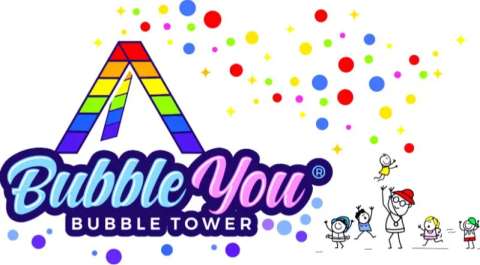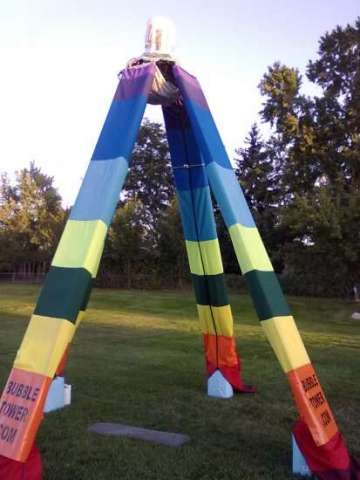A new article has been posted to EventsInAmerica.com:
Title: From Accommodations to Food and Venues to Transportation, Learn How to Write an Effective RFP
AND Entertainment !!!! While I cetainly don't need all of these points covered, it is true that with more information from the entertainment buyer, I can do a better job and often a better price if I have sufficient information on the event.
"Of all the correspondence you write as a planner, the most important may be the Request for Proposal (RFP). A good RFP will get you bids from properties and suppliers who can best meet your needs for an event. A poor RFP, however, can have the opposite effect."
http://www.eventsinamerica.com//article/from-accommodations-to-food-and-venues-to-transportation-learn-how-to-write-an-effective-rfp/art4d487aa191a85/
"You may get bids that won’t apply to you at all, or worse, suppliers may end up being the wrong fit, setting you up for a possible event disaster. The key to a good RFP is effective communication. RFPs can vary in length, scope, and format, depending on your audience and purpose for writing, but they all share common features. Reviewing some basic strategies before you sit down to write can be a time saver, whether you’re an experienced planner familiar with RFPs or a new planner composing one for the first time.
STEPS TO TAKE BEFORE YOU WRITE
Here’s where you can take a big sigh of relief: Writing a good RFP doesn’t have to be a daunting task. But it does require a little bit of time to get the facts straight, and to know exactly what you will need for your event. Before you put your fingers to the keyboard, consider the following:
* What is the history of this event?
* Is this the first time the event has been held?
This information will be important because you’ll want to include as much detail about your event in the RFP as possible. Jot down the properties you’ve used in the past, the rates you received, the attendance history, and so on. All of this information will help you compose an RFP that explains the parameters of the event and the price range you are expecting. If this is the first time you have held the event, you’ll want to mention that in the proposal, too.
Requirements
What do you want from the property or supplier? What do you need? These are distinct questions, so think about them carefully. Recognize what is absolutely necessary in terms of dates of the event, location and equipment. Then, think about the elements that would be nice to have, but are not absolutely necessary. Knowing the answers to these questions
will help you clarify your end goal.
WHAT EVERY RFP SHOULD INCLUDE
Once you’ve taken these preliminary steps, you should be ready to tackle the RFP. Whether you are using a template or creating your own from scratch, your RFP will generally include the following:
* Contact Information: Usually at the very beginning of the RFP. The name of your organization and event, and the contact information for the person receiving the proposals.
* Event Overview: The event type; event start and end date; expected attendance; and time needed for set-up and break down.
* Requirements: Description of the need for the property or service; location requirements; total numbers of specific items needed (e.g., hotel rooms, equipment; exhibit hall space, food and beverage); and an explanation of budget restrictions (e.g., room rate should not exceed “x” amount).
* Timeline: Due date and decision date for the proposal.
* Proposal Format and Content: Expectations for what the proposal must contain; criteria by which the proposal will be j



